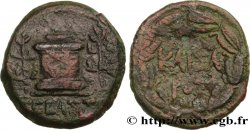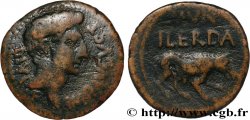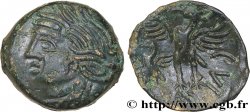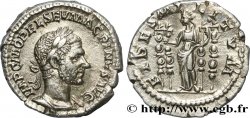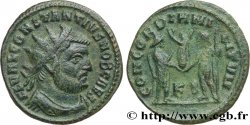v32_0123 - AUGUSTUS Tétradrachme syro-phénicien
MONNAIES 32 (2007)
Starting price : 450.00 €
Estimate : 750.00 €
Realised price : 650.00 €
Number of bids : 2
Maximum bid : 671.00 €
Starting price : 450.00 €
Estimate : 750.00 €
Realised price : 650.00 €
Number of bids : 2
Maximum bid : 671.00 €
Type : Tétradrachme syro-phénicien
Date: an 19
Mint name / Town : Antioche, Syrie, Séleucie et Piérie
Metal : silver
Diameter : 25 mm
Orientation dies : 12 h.
Weight : 15,29 g.
Rarity : R1
Coments on the condition:
Exemplaire sur un flan bien centré des deux côtés, ovale et un peu court. Très beau portrait, de haut relief avec une usure superficielle. Revers bien venu à la frappe. Une fine patine grise recouvre l’exemplaire
Catalogue references :
Prieur 13 (14 ex.) - RPC.4136
Obverse
Obverse legend : ANÉPIGRAPHE.
Obverse description : Tête diadémée de Philippe Philadelphe à droite, entouré de la stemma (O’).
Reverse
Reverse description : Zeus nicéphore assis à gauche sur un trône avec dossier, tenant une Niké de la main droite et un sceptre long de la main gauche ; monogramme dans le champ à gauche ; date à l’exergue.
Reverse legend : BASILEWS/ FILIPPOU/ EPIFANOUS/ FILADELFOU/ QI, (Basilews Filippou Epifanous Filadelfou)
Reverse translation : (Roi Philippe Épiphane Philadelphe/ monogramme d’Antioche).
Commentary
An 19, première année frappée sous Auguste de la série intermédiaire entre les frappes séleucides et les frappes impériales syriennes, peut-être à l’occasion de sa visite dans la ville, après Actium. La colonisation romaine se conforte et la Syrie devient une province impériale gérée par un Legatus Augusti. La monnaie, bien que contrôlée par Rome, reste toujours au type séleucide et seul le petit monogramme marque la différence.
Style classique pour l’émission avec les mèches traitées en “serpents”. On remarquera le style du plissé de l’himation de Zeus que nous retrouverons exactement dans la première émission au portrait d’Auguste.
Dans la base TSP maintenue par Michel Prieur, vingt-trois exemplaires sont maintenant répertoriés mais il faut noter que sur ce total, treize sont en musées ou collections publiques. Cet exemplaire est le 0013_023.
Style classique pour l’émission avec les mèches traitées en “serpents”. On remarquera le style du plissé de l’himation de Zeus que nous retrouverons exactement dans la première émission au portrait d’Auguste.
Dans la base TSP maintenue par Michel Prieur, vingt-trois exemplaires sont maintenant répertoriés mais il faut noter que sur ce total, treize sont en musées ou collections publiques. Cet exemplaire est le 0013_023.







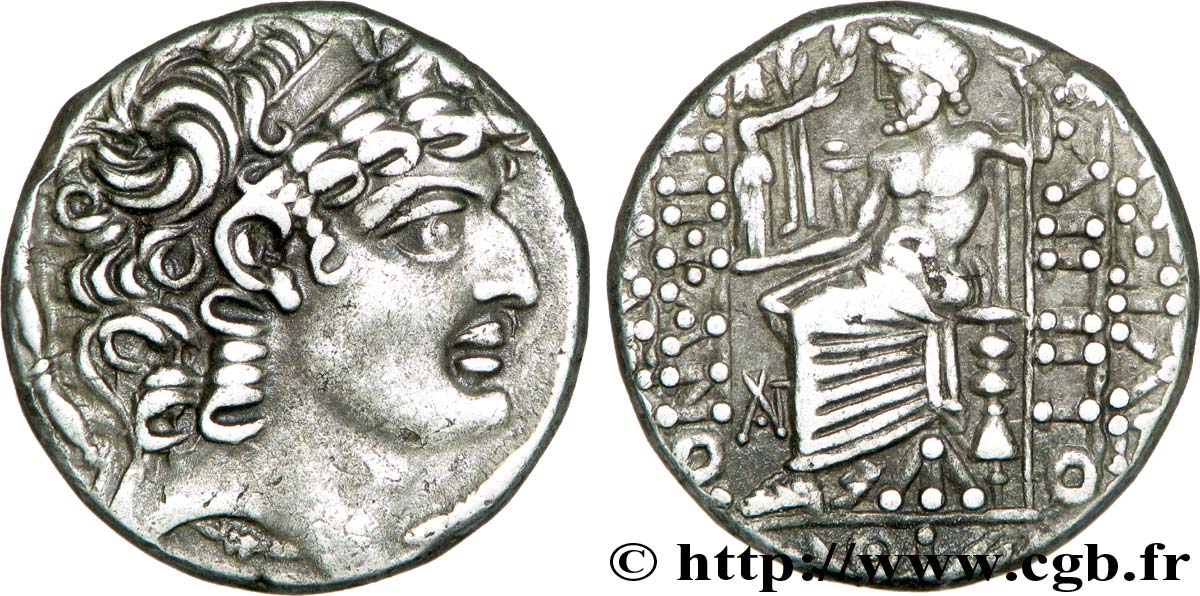
 Report a mistake
Report a mistake Print the page
Print the page Share my selection
Share my selection Ask a question
Ask a question Consign / sell
Consign / sell
 Full data
Full data

